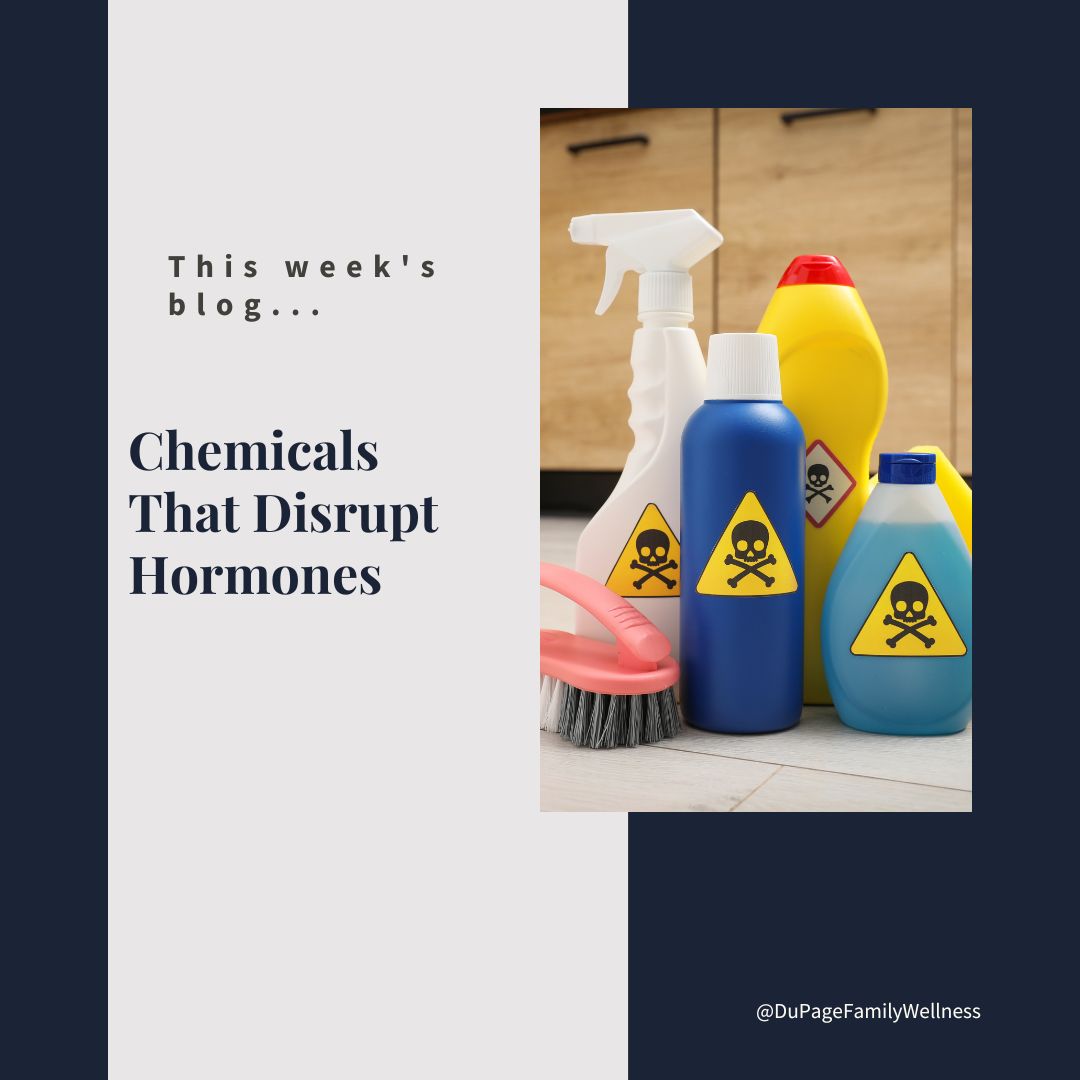 Hormones play a large part in reaching and maintaining a healthy weight. However, many common household items now contain chemicals that can disrupt our hormones. These hormone-disrupting chemicals called obesogens may predispose some people to become obese.
Hormones play a large part in reaching and maintaining a healthy weight. However, many common household items now contain chemicals that can disrupt our hormones. These hormone-disrupting chemicals called obesogens may predispose some people to become obese.
It can be tricky to avoid obesogens because they are pervasive in our society, but there are some ways that you can lessen their impact on your weight and your health. Because, even if you are not concerned about losing weight, do you want chemicals messing with your hormones?
Let’s take a look at obesogens and how to avoid them. I promise not to get too technical on you!
What are Obesogens
Obesogens are chemicals that interfere with the endocrine system and disrupt regular hormone activity. Your metabolism, energy levels, fat storage, and many other crucial functions of the body can be affected.
About a thousand of these chemicals are used in commerce today. The most common ones are bisphenol-A (BPA), phthalates, atrazine, organotins, and perfluorooctanoic acid (PFOA)
Most products have an ingredient list, but with a thousand endocrine-disrupting hormones used in manufacturing today, it is impossible to identify them all.
Where Obesogens Are Found
The "Think Dirty - Shop Clean" app makes it possible to evaluate products. It rates how toxic many home and beauty products are. You just type the product name into the app or scan the barcode to get the results.
The Environmental Working Group website is another great place to learn more about toxins in water, food, and products. Try plugging in a few of your commonly used products (soaps, shampoos, deodorants, makeup, etc.) to see the rating.
Some products to watch out for are…
- Body products - shampoo, soap, perfume, nail polish, lotion
- Cleaning supplies - detergent, dryer sheets, air fresheners
- Food - processed food, pre-packaged food, microwaveable meals, food stored in plastic, seafood
- Drinks - canned drinks, tap water
- Household products - non-stick pans, plastic containers, stain-repellant
What to Do
It can be overwhelming to discover all the products that contain Obesogens. If we try to limit all exposure, it will be next to impossible. Chances are the anxiety created from this attempt will be worse for you than minimal exposure.
Do the best you can to make reasonable changes over time. You may need to get creative if the cost is a factor; maybe going to a thrift store would make some of these changes possible or ask for some of the products you would like for a present.
Where to Begin
If you need a place to start, follow the suggestions below…
- Wash your hands - use a good hand soap to rinse off any residue of endocrine disruptors.
- Get rid of plastic - use glass containers to store food. Drink water from glass or stainless steel. Bring cloth bags when you shop. Focus on wooden or cotton toys.
- Replace nonstick cookware - opt for cast iron, ceramic, glass, or stainless steel.
- Eat real food - choose fresh meats and produce rather than food made in a factory.
- Purify your water - use a water filtering system and store the water in a glass jar.
- Clean your home - use clean products that you have researched (see the app mentioned above). Vacuum and dust often reduce dust particles in the air.
If this information is overwhelming you, take a breath. We aren’t striving for perfection; little changes go a long way!
Dr. Jamie

